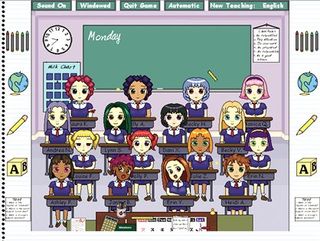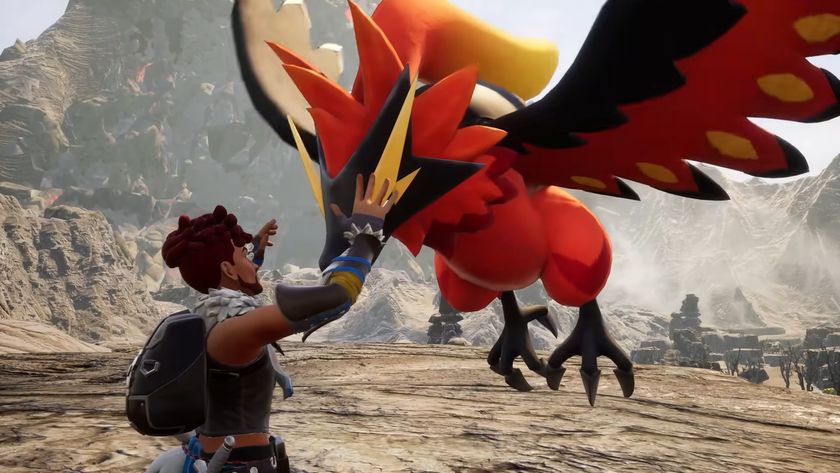Living the dream
Our ten-step guide to becoming an indie games entrepreneur
Contributing authors: Alec Meer & Ben Sillis
Everyone loves indie games. They’re cheap, crazy and addictive, and there’s not a besuited marketing man in sight. For the few independent games that make it big, fame and fortune (of sorts) await. After all, Chris Sawyer created Rollercoaster Tycoon all by himself, and these days he sleeps on a bed made of c-notes and gold. Broadband has made it cheaper and easier than ever before to distribute indie games, but even harder to get your voice heard in the crowd. Here are our top ten tips for cracking the independent games market.
1) Don’t do it for the money
A no-brainer, really. If you want to earn money, go work for a bank. Want to be an indie games developer? Do it because there’s nothing else you’d rather spend your time doing, except possibly playing the end result. “To be a successful indie,” says Georgina Okerson of indie anime games site Hanako, “you need to love making games. Not making money, because your first try probably won’t.”

2) Show me the money anyway
There may not be much cash in it for you, but you’ll still need some to launch your game. It’s a paradox caught between a rock and a hard place, so to speak. Chris Delay of Introversion created Uplink while at university, and says that doing it part-time saves money when funds are scarce: “Once you have one released game under your belt you will be in a much better position to negotiate decent distribution deals, and most importantly you’ll have remained in control of your game during its development.”
Sign up to the 12DOVE Newsletter
Weekly digests, tales from the communities you love, and more

Final Fantasy 7 Remake and Rebirth battle director says combining everything he learned on Monster Hunter: World with Square Enix's technology and unique skills created a "chemical reaction"

"Minutes after Palworld released," Pocketpair was already getting game pitches from "some really big names" before it even set up its own publisher: "No one has money at the moment"











